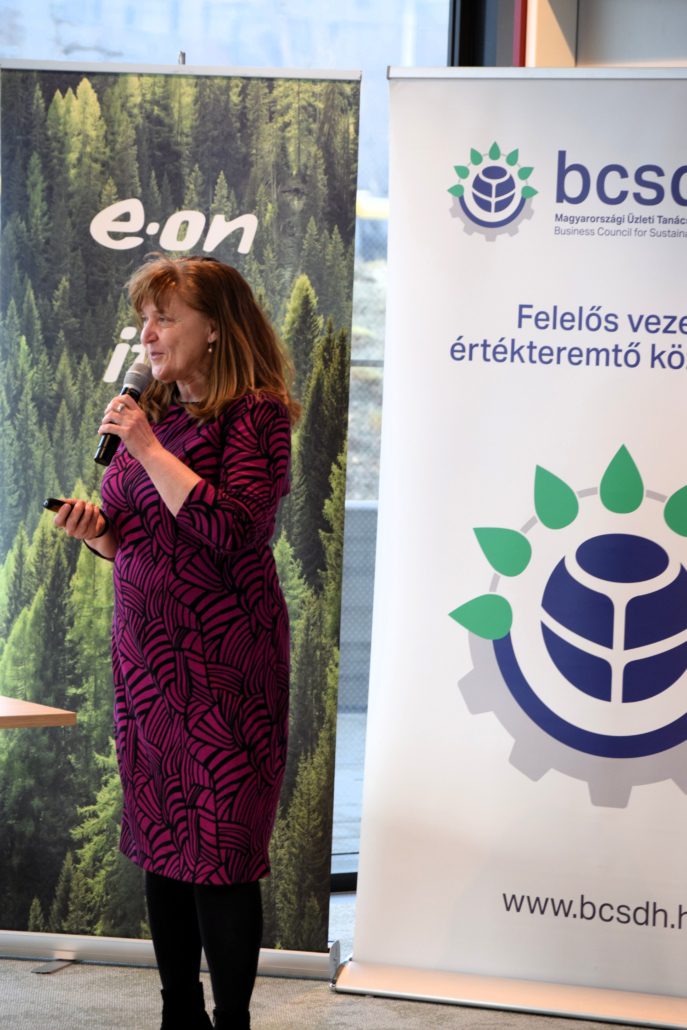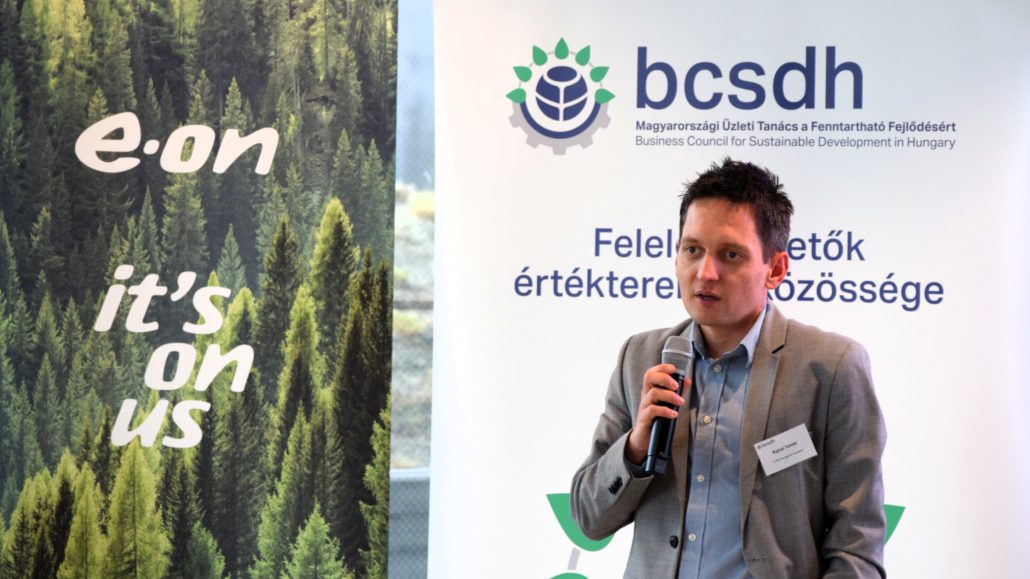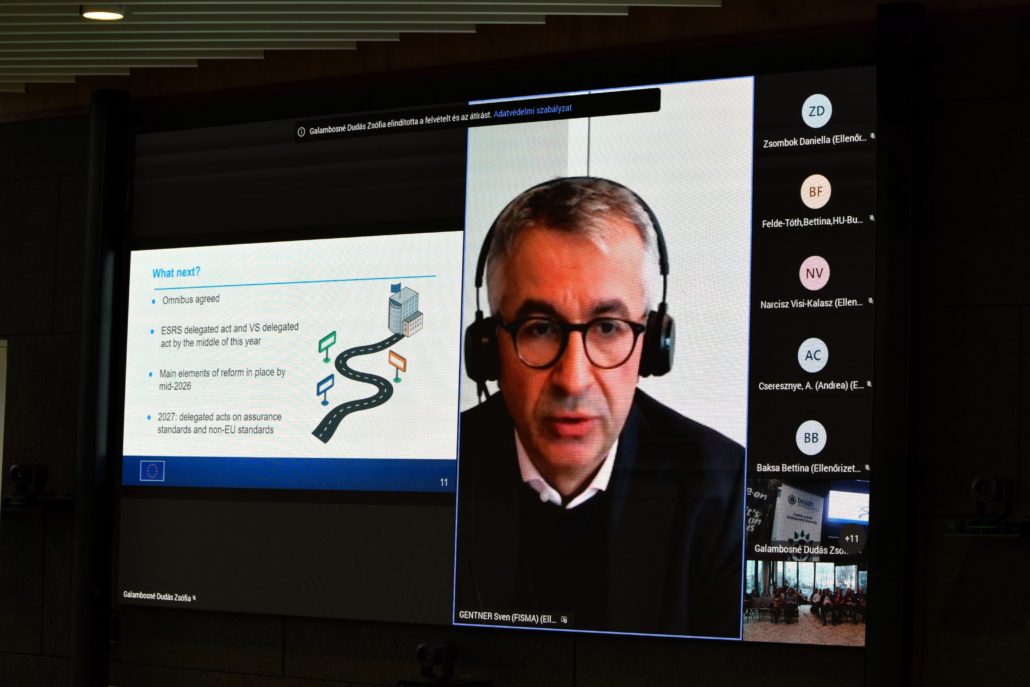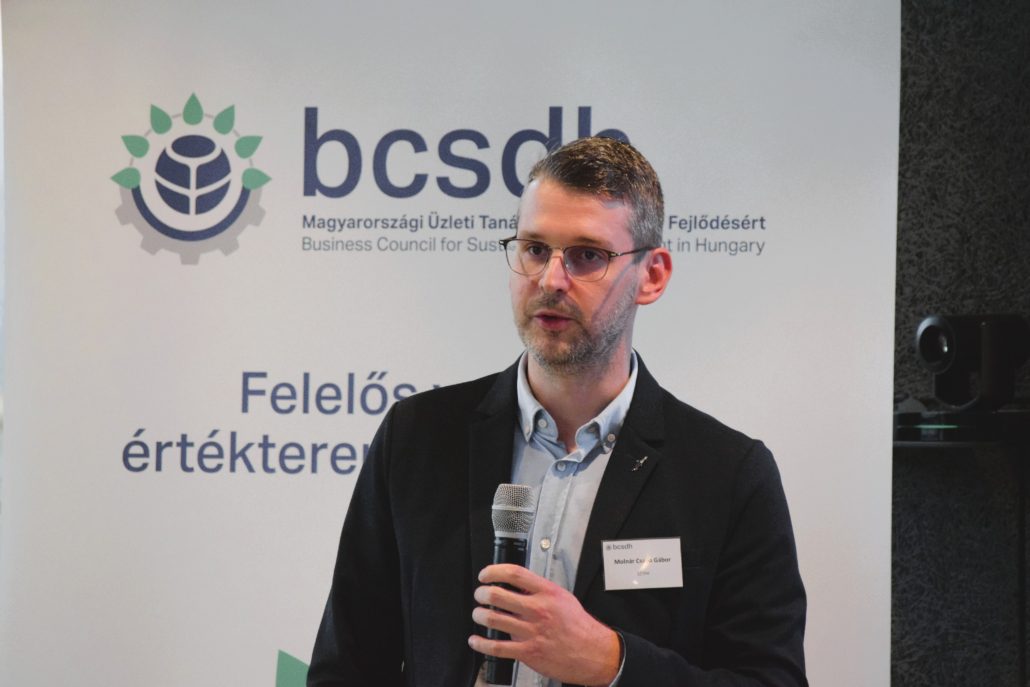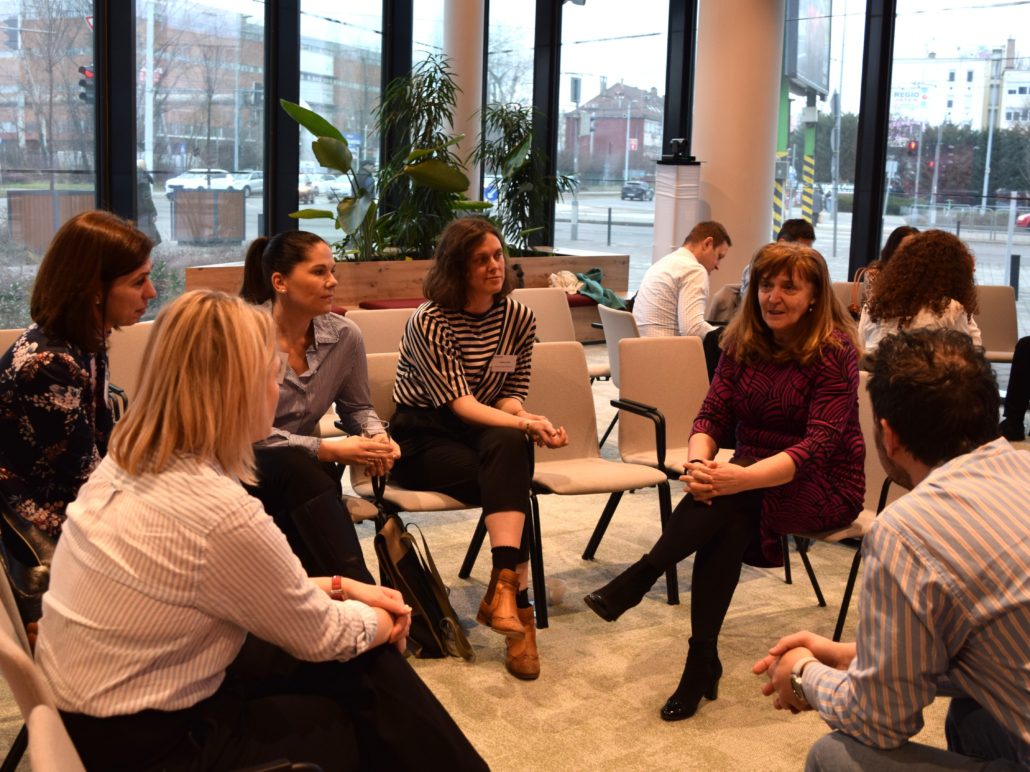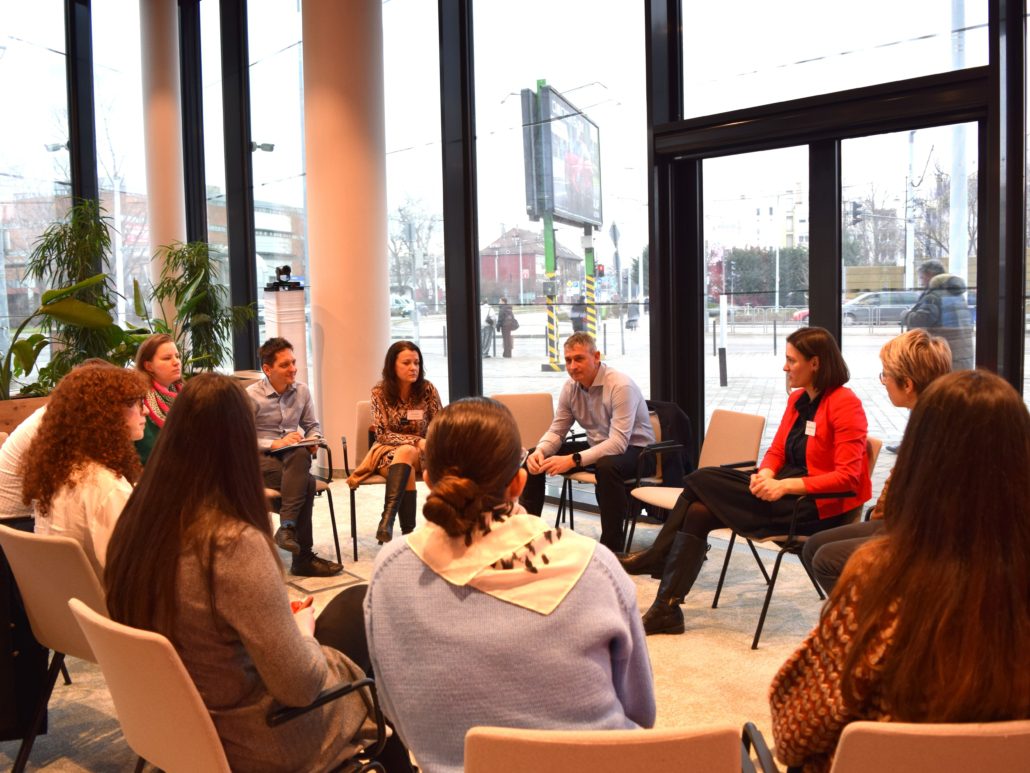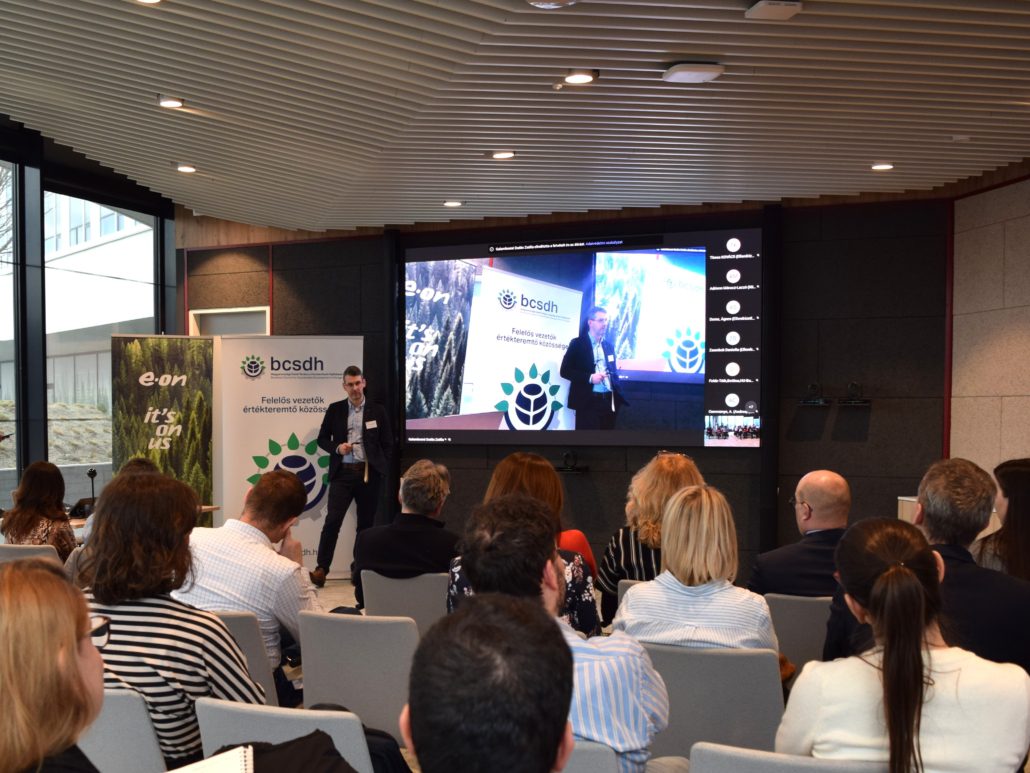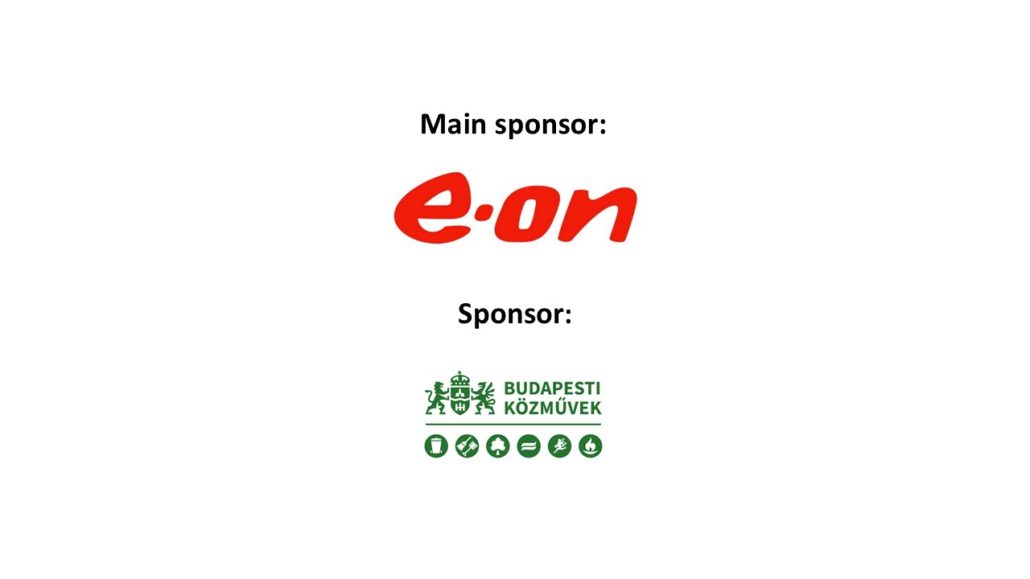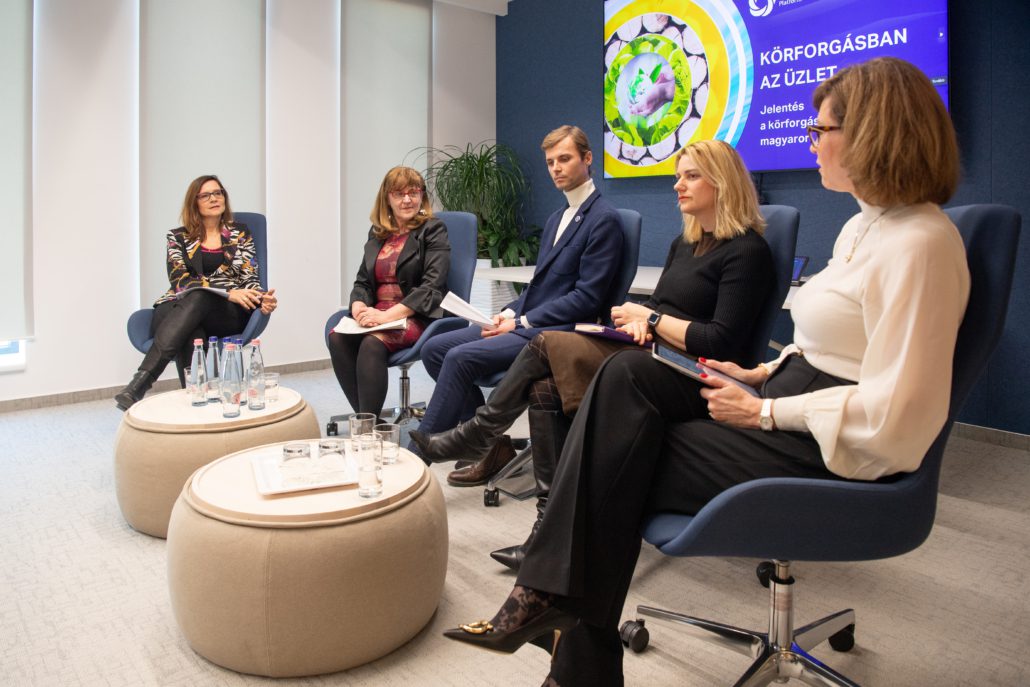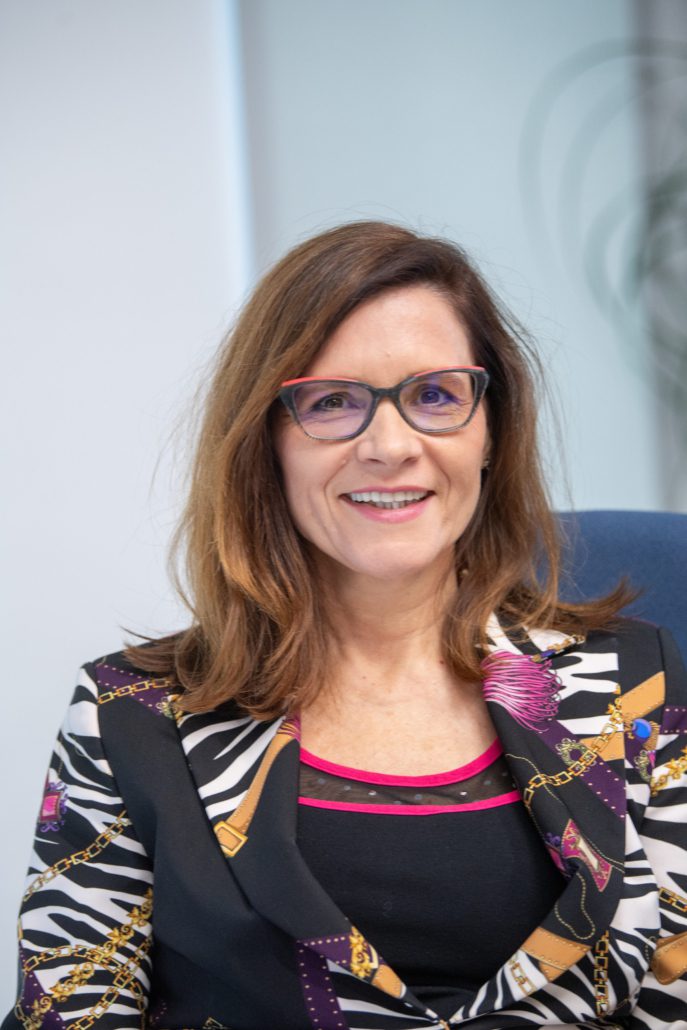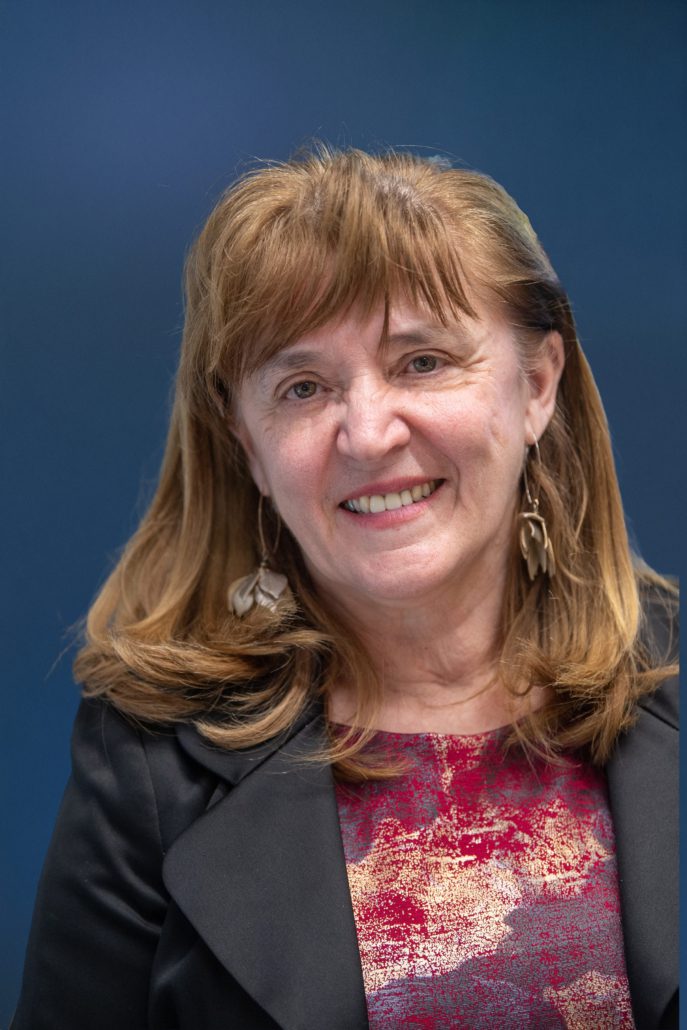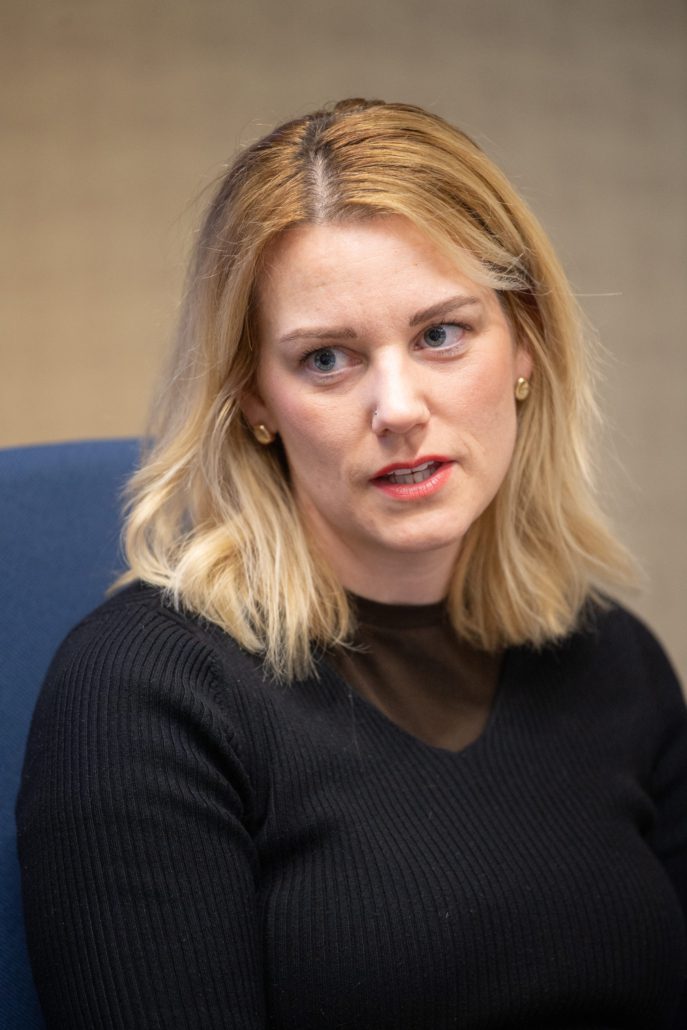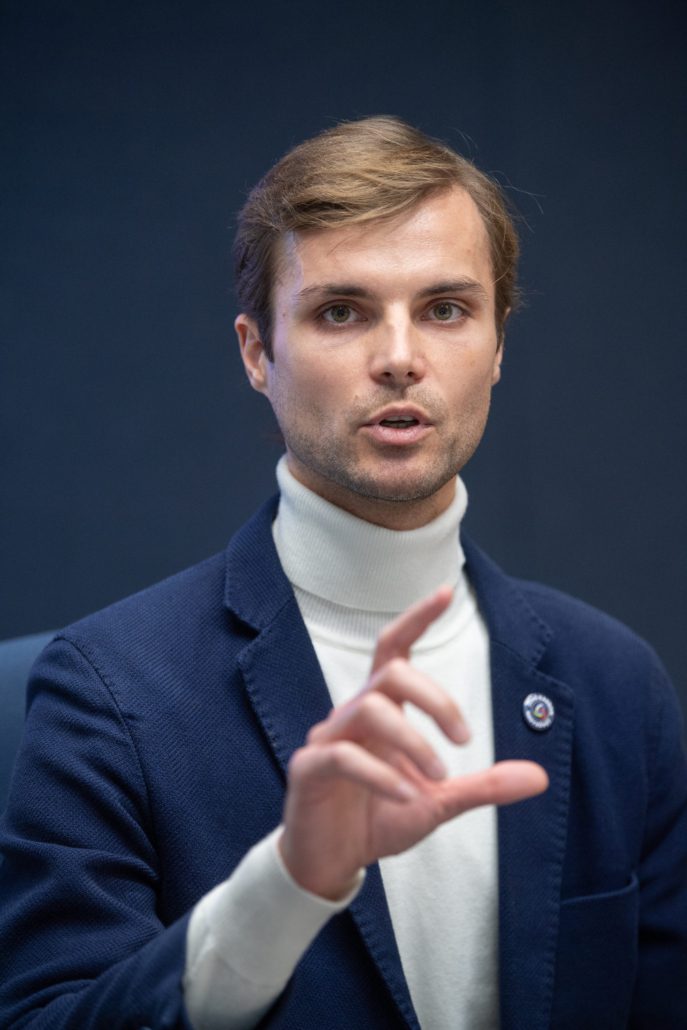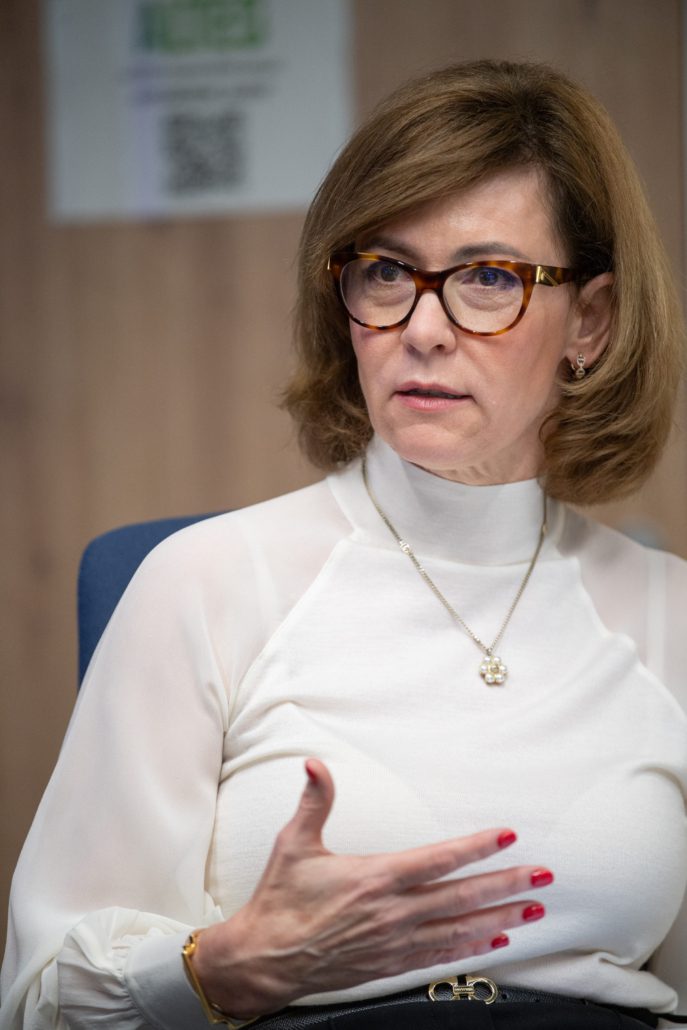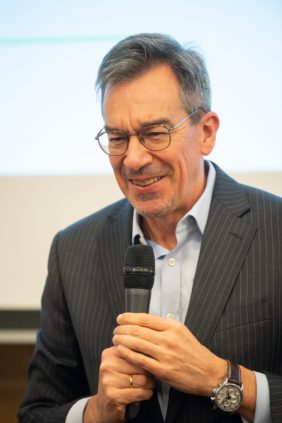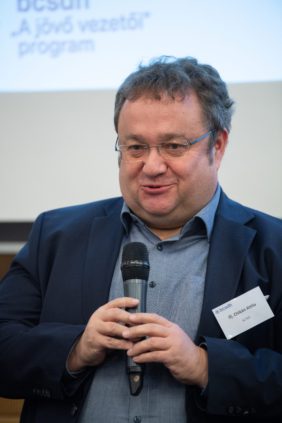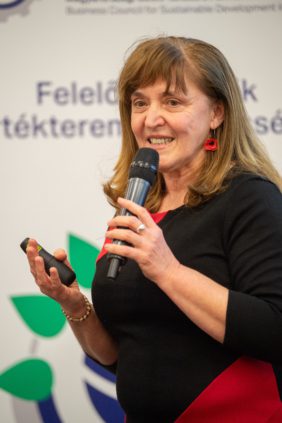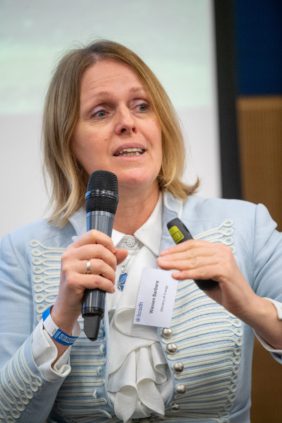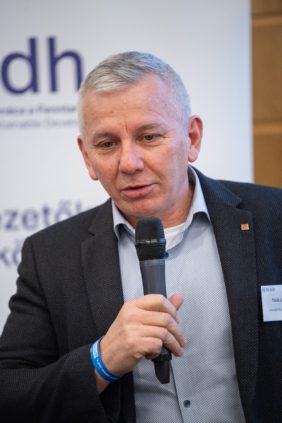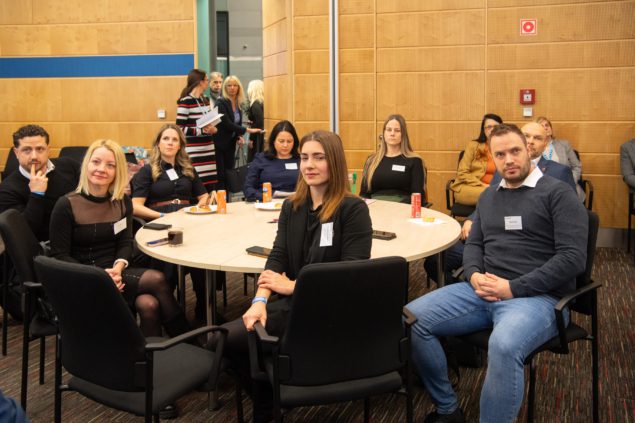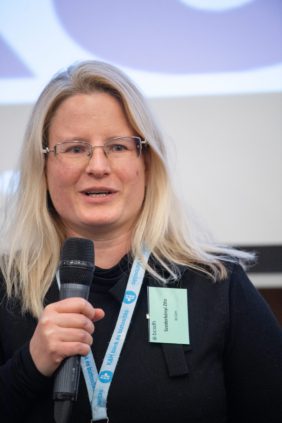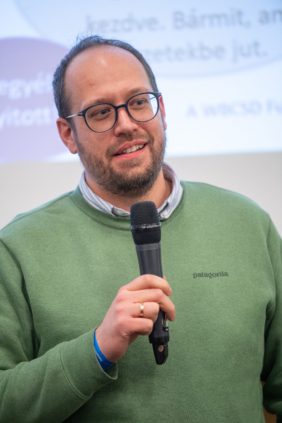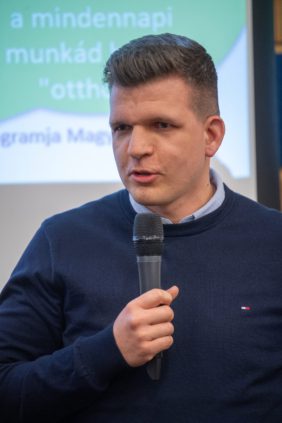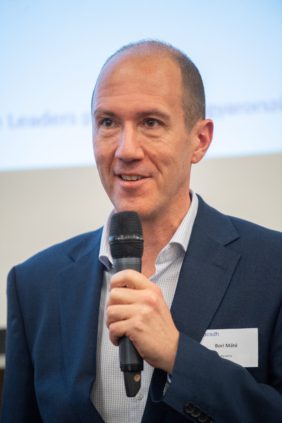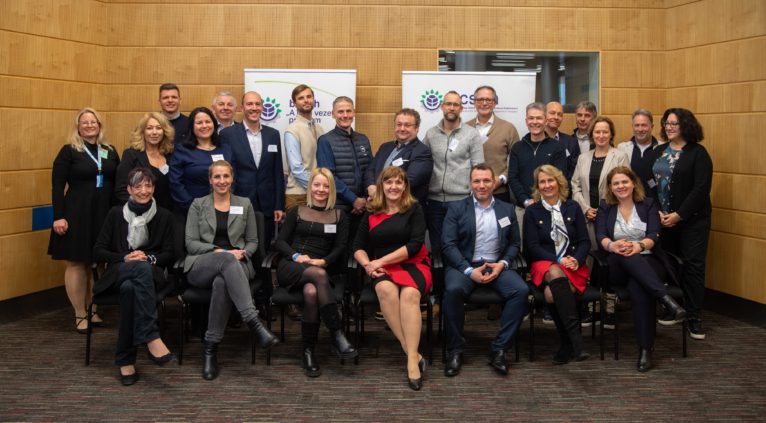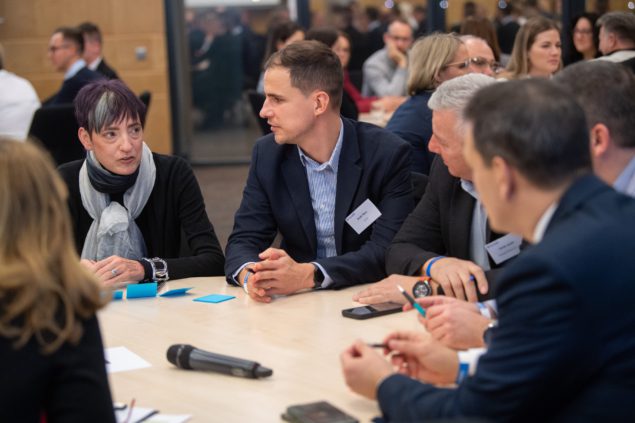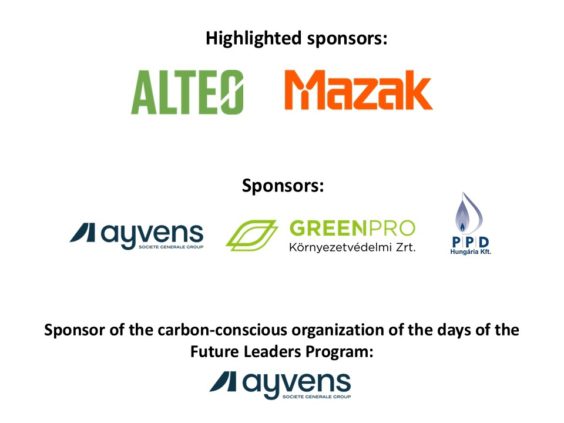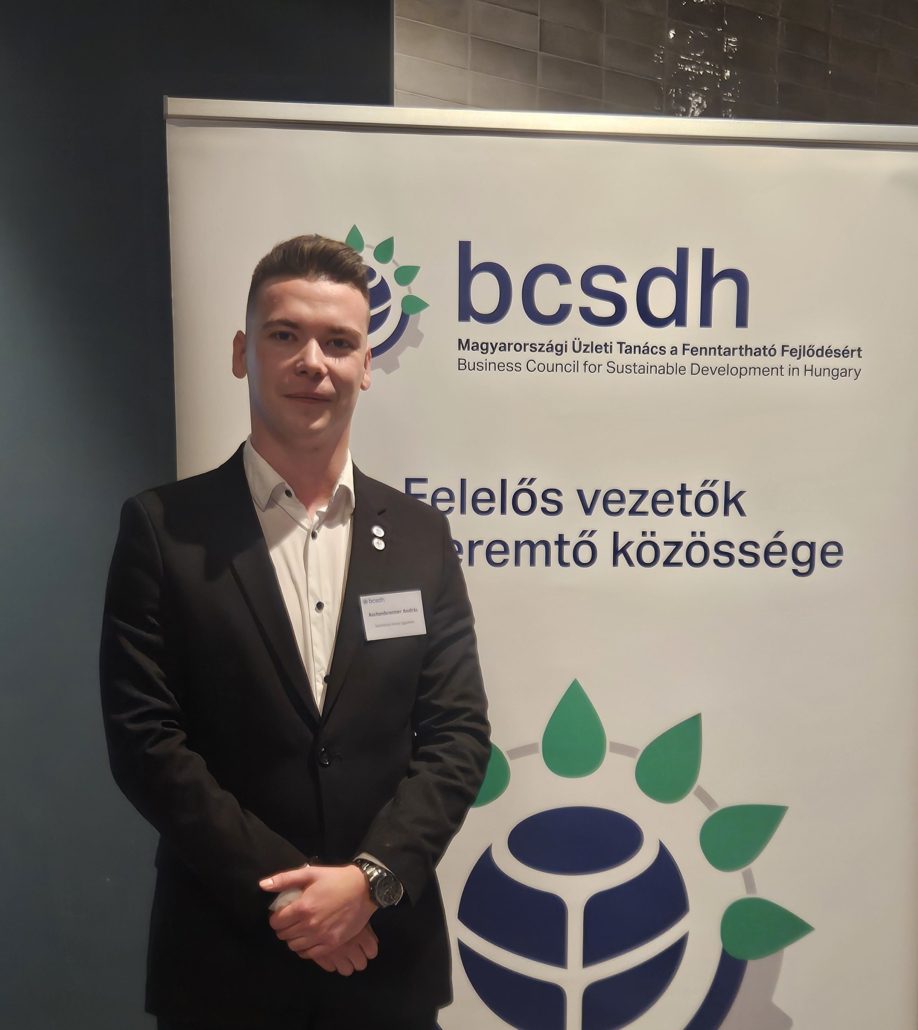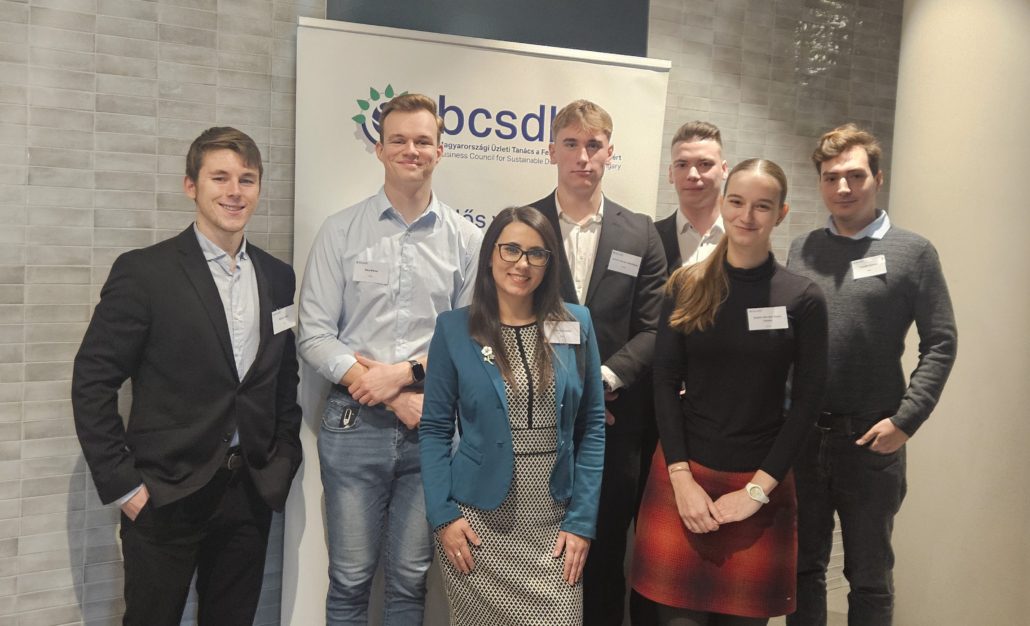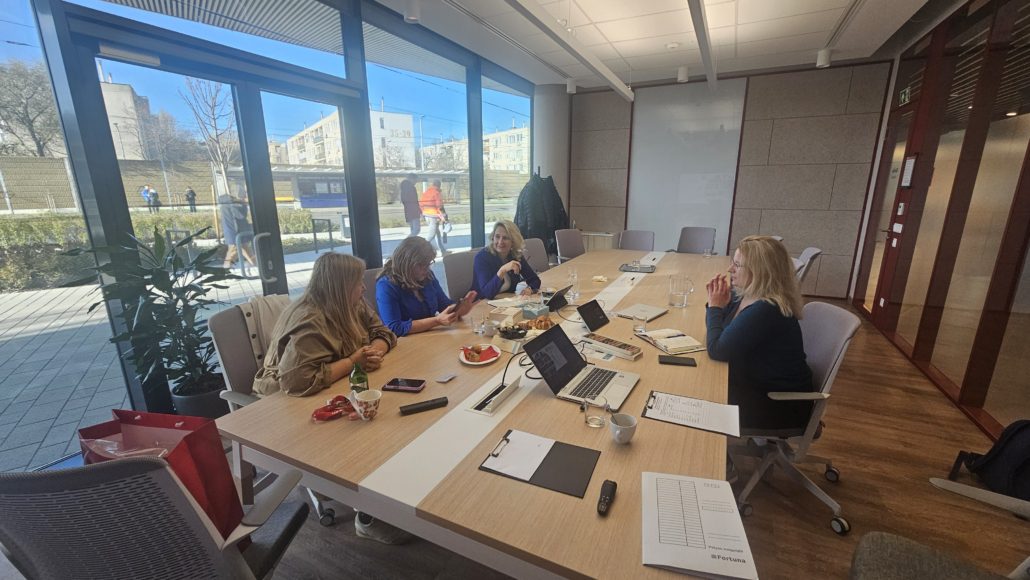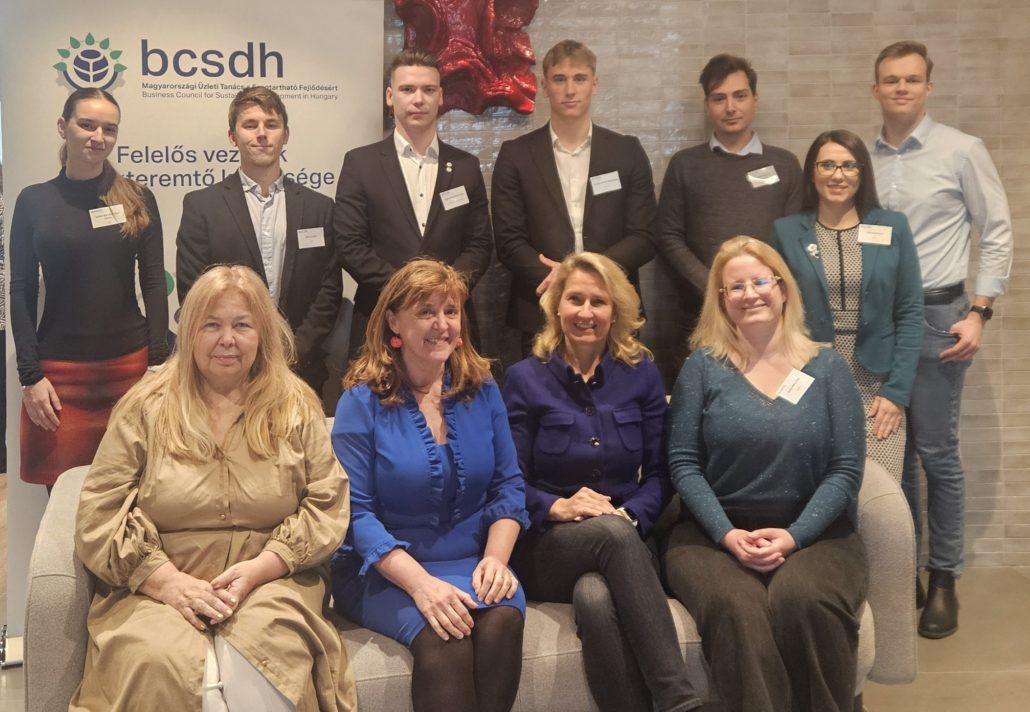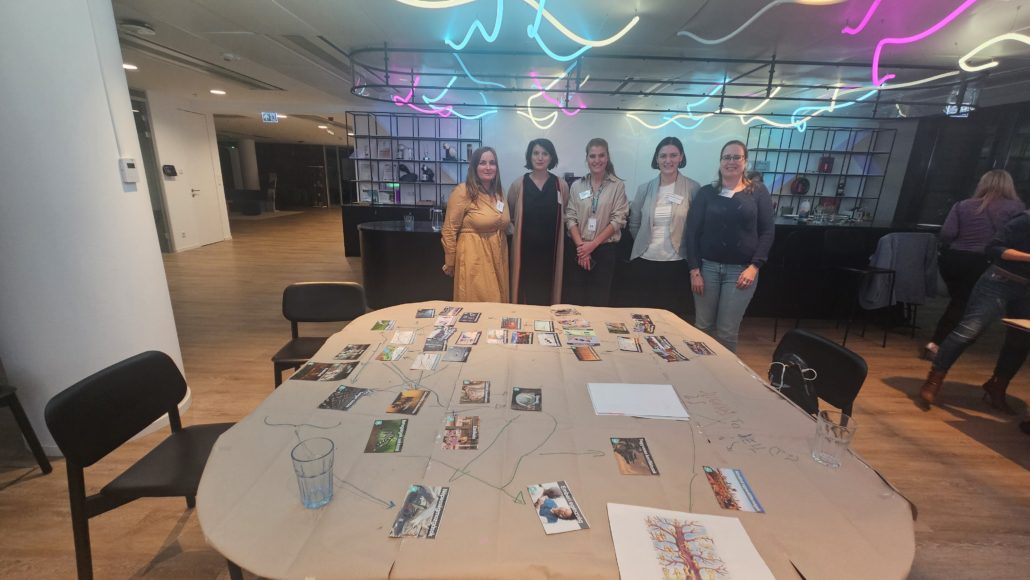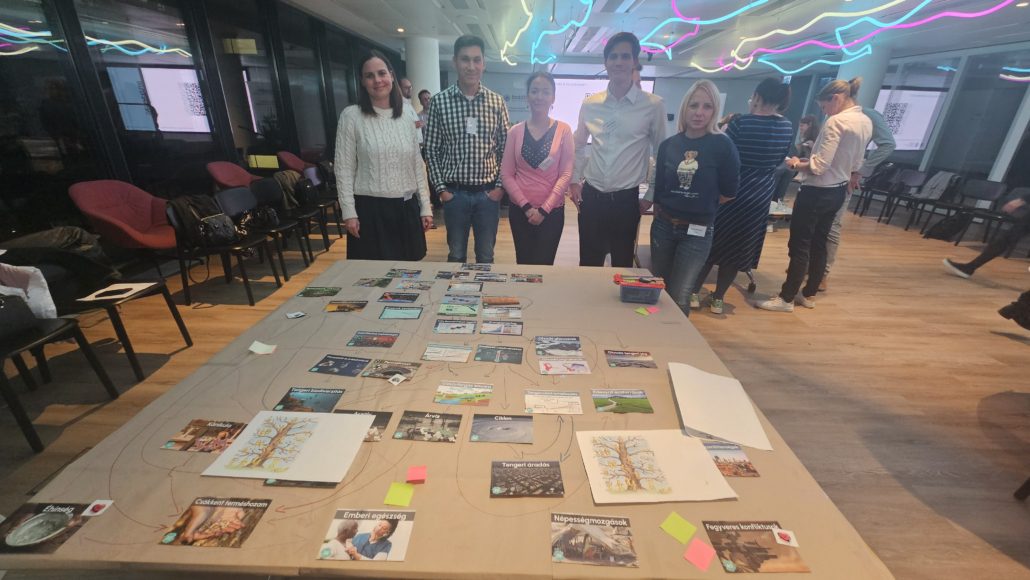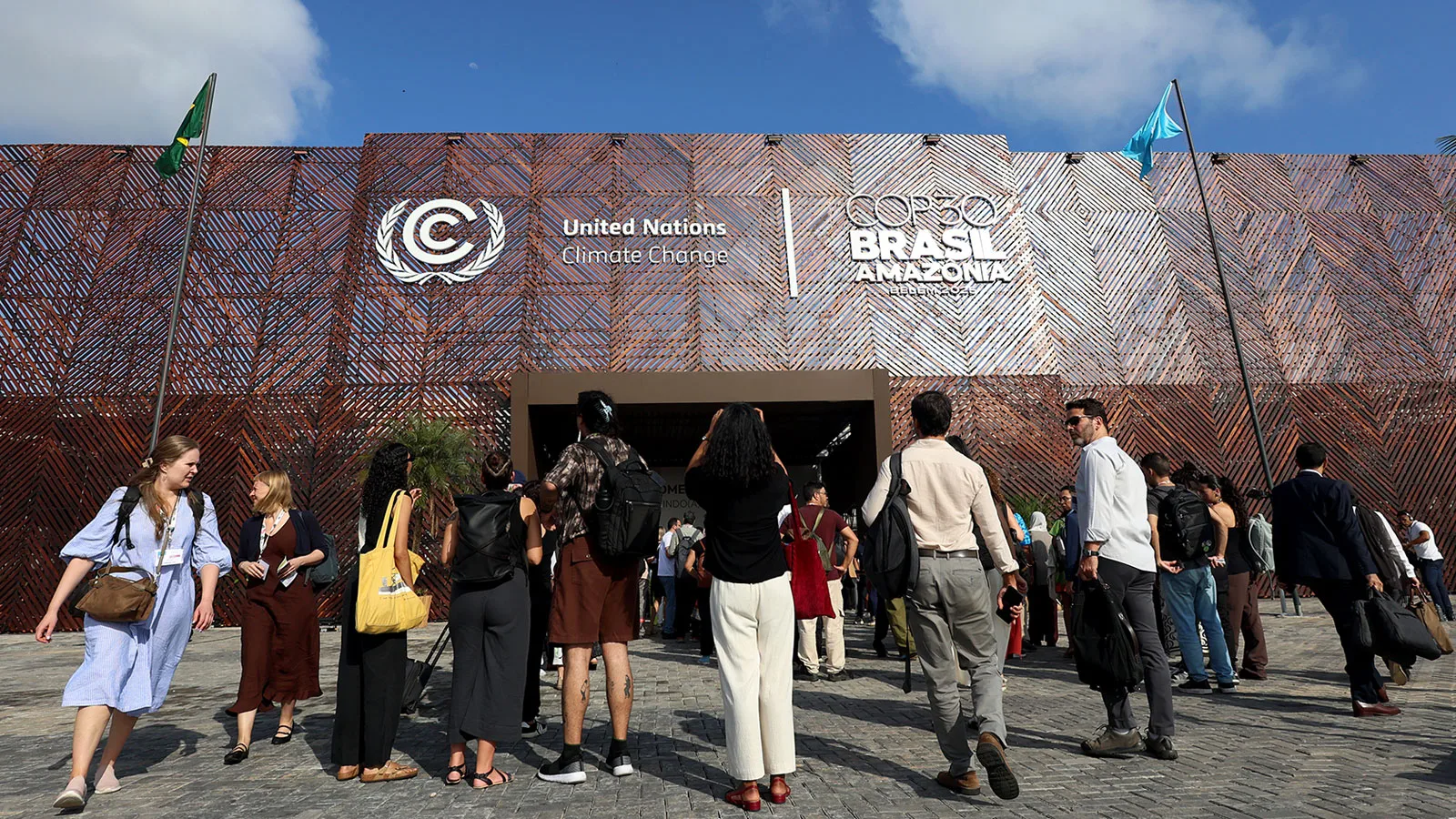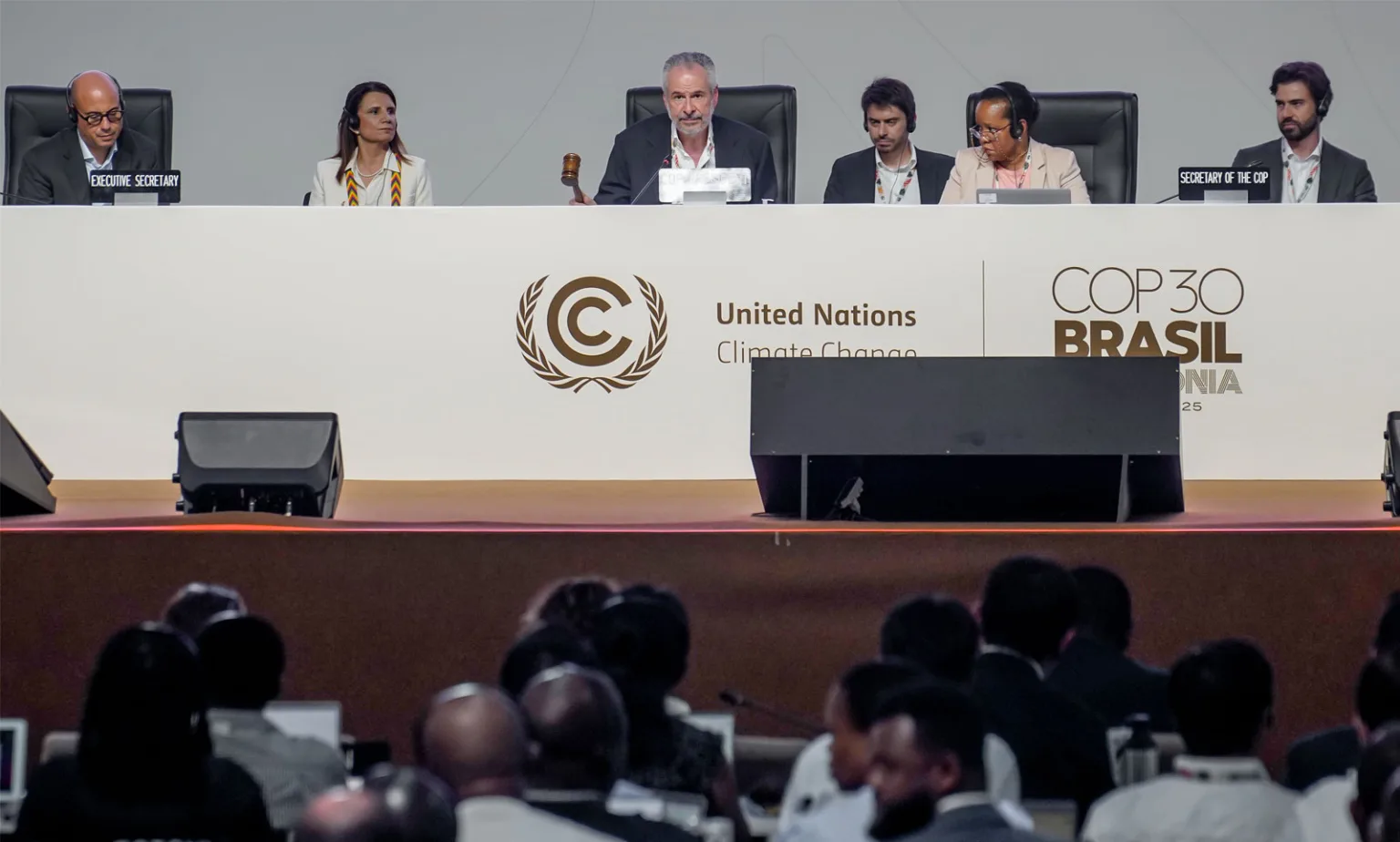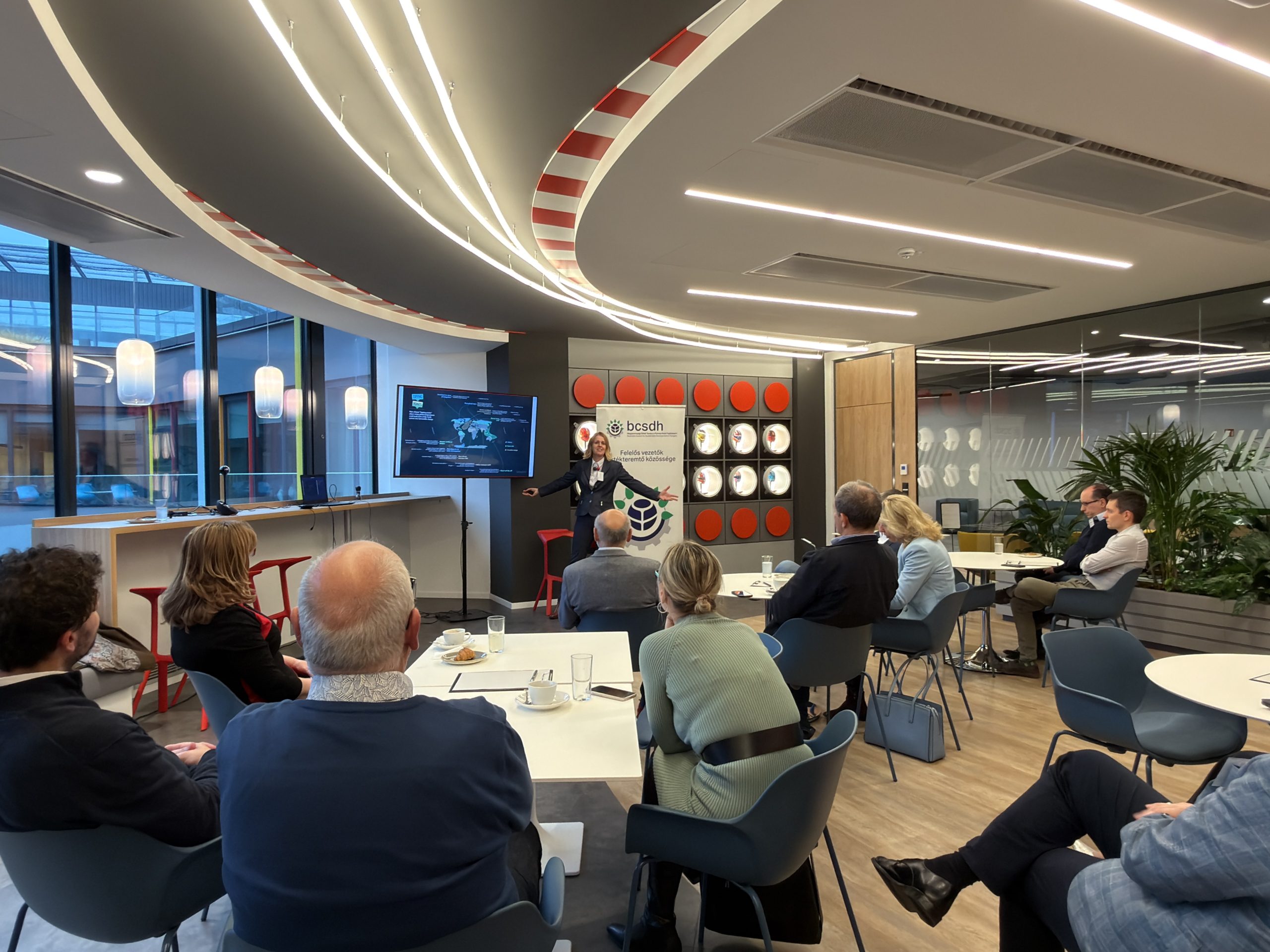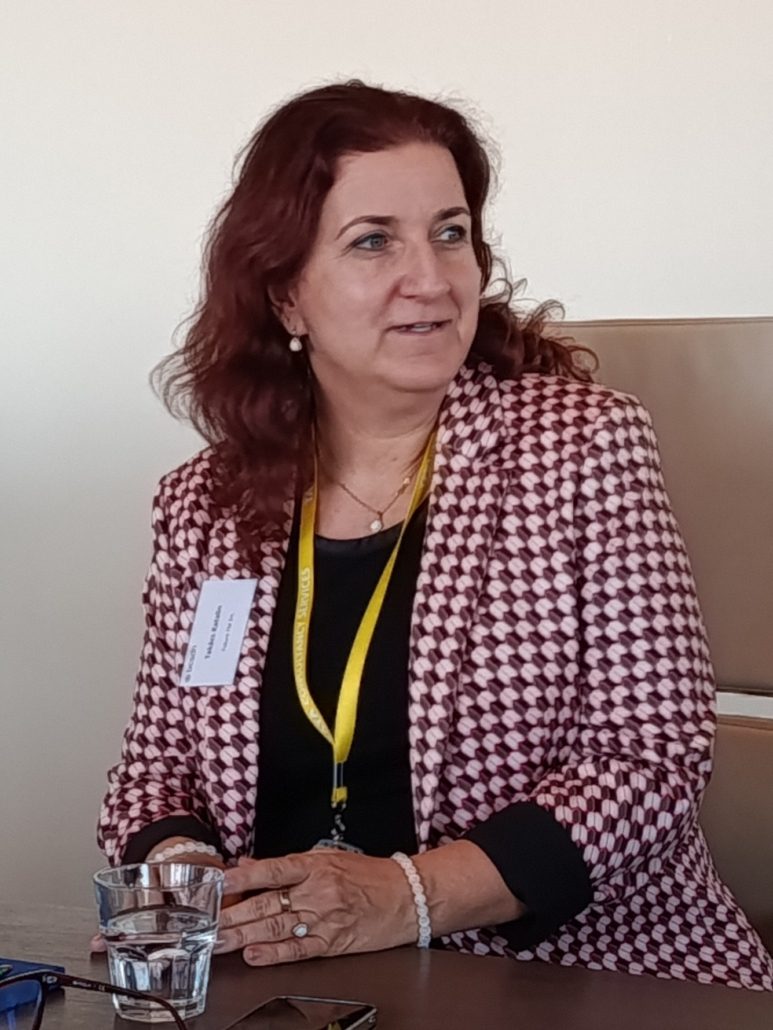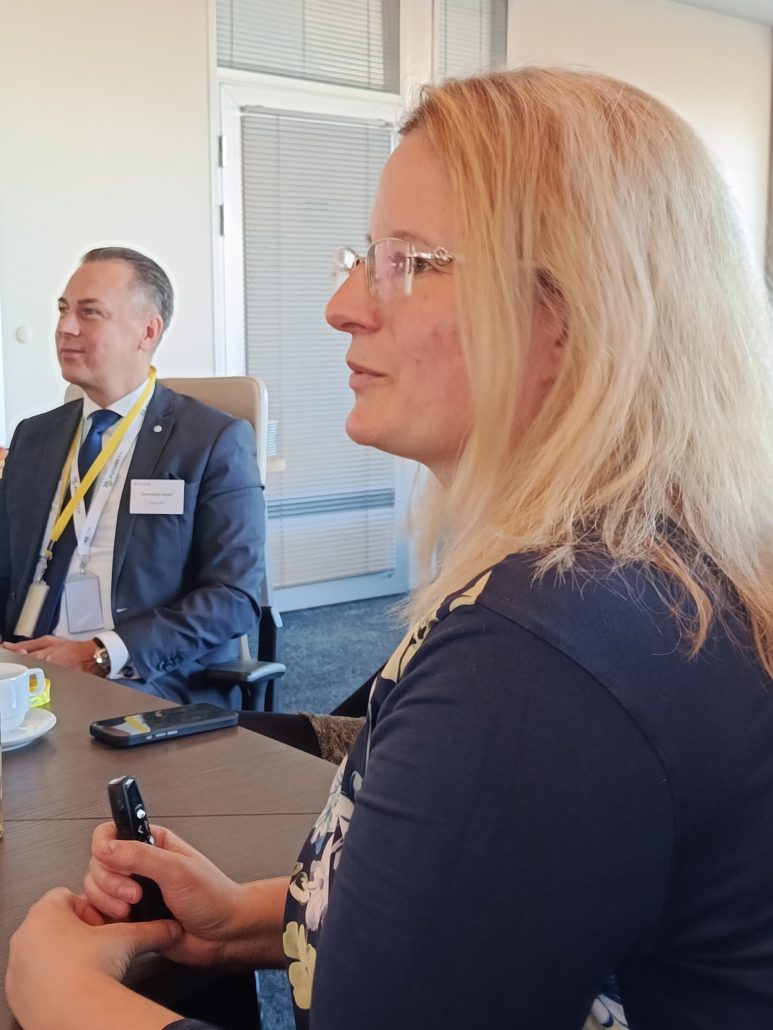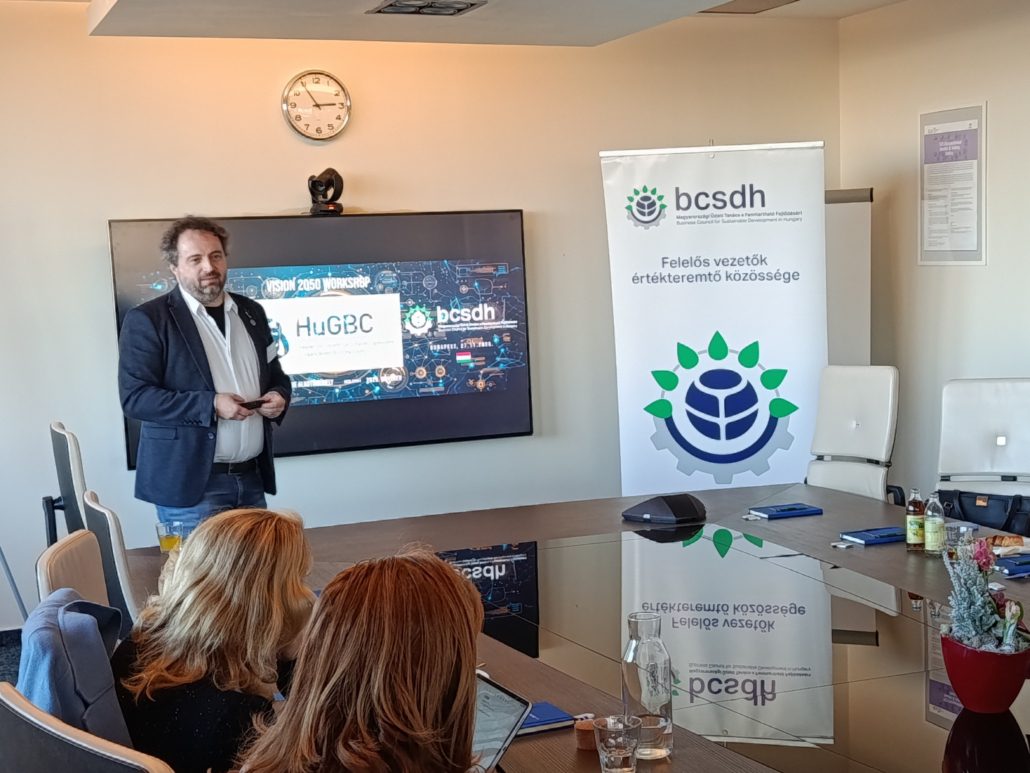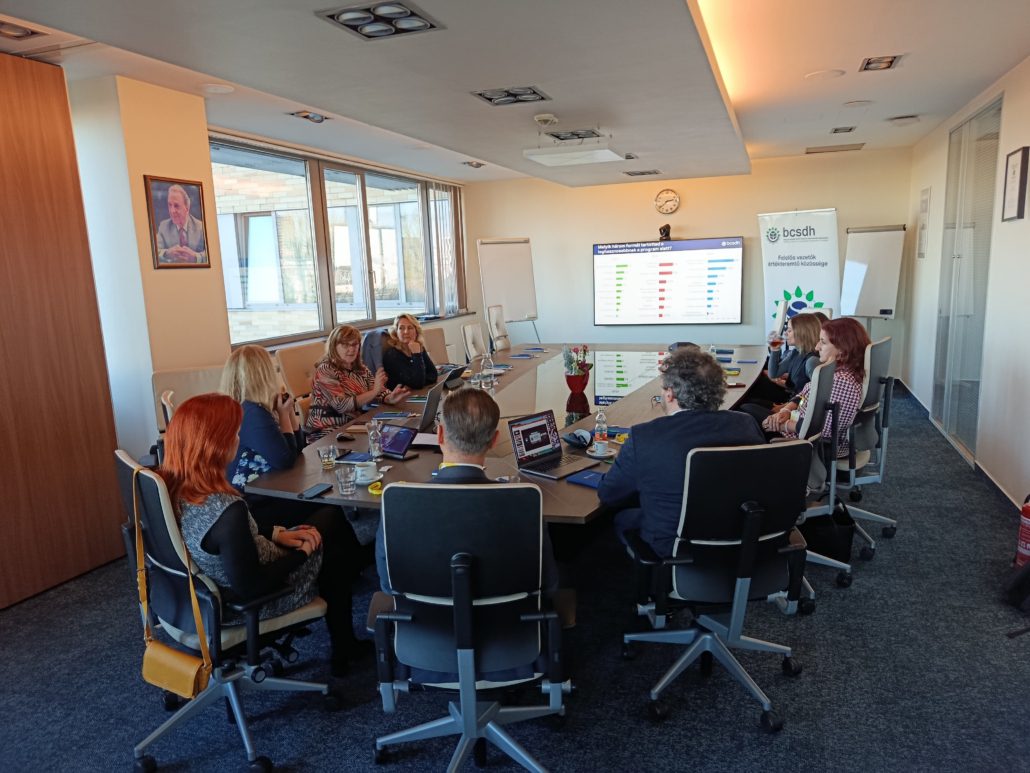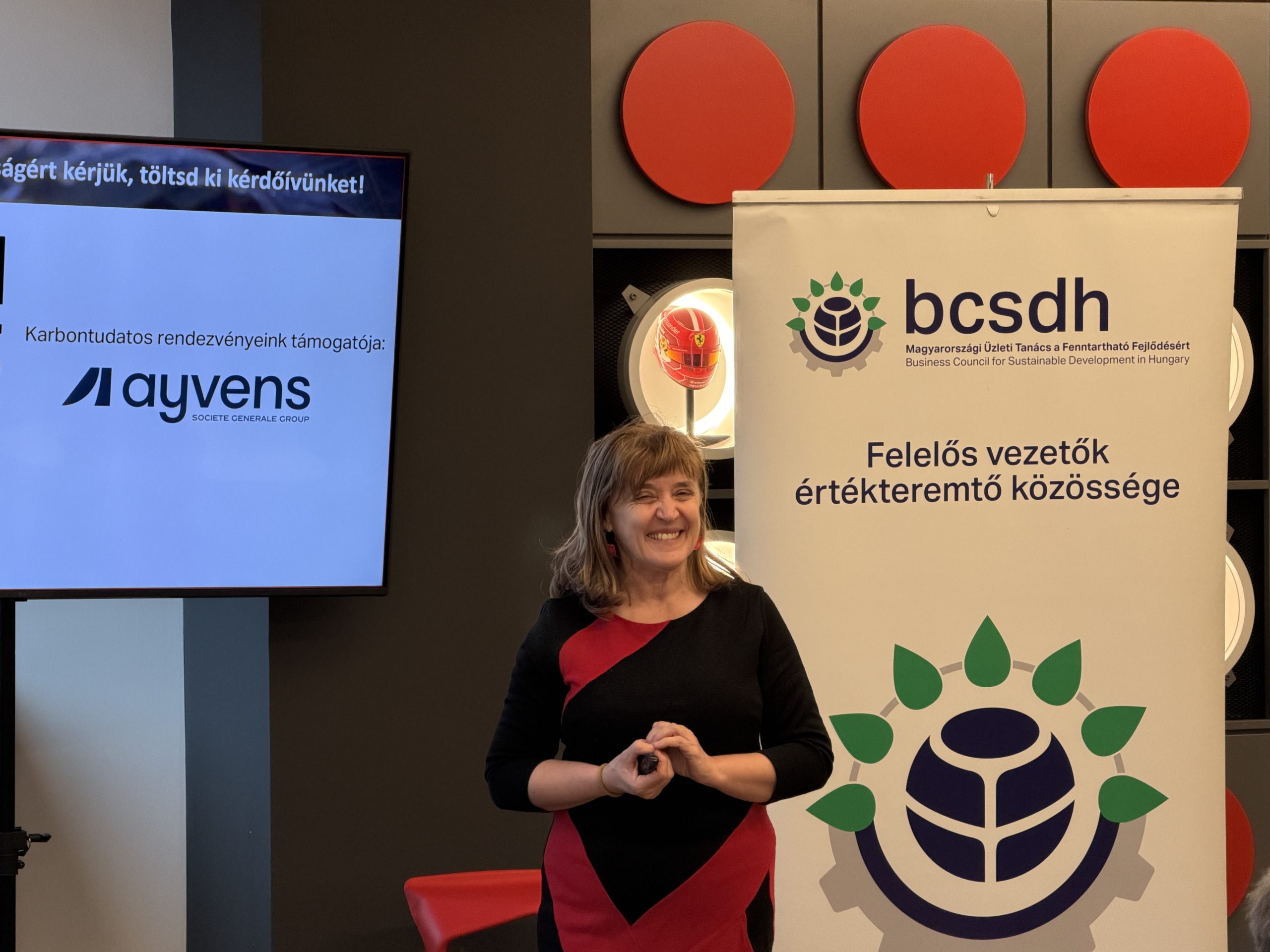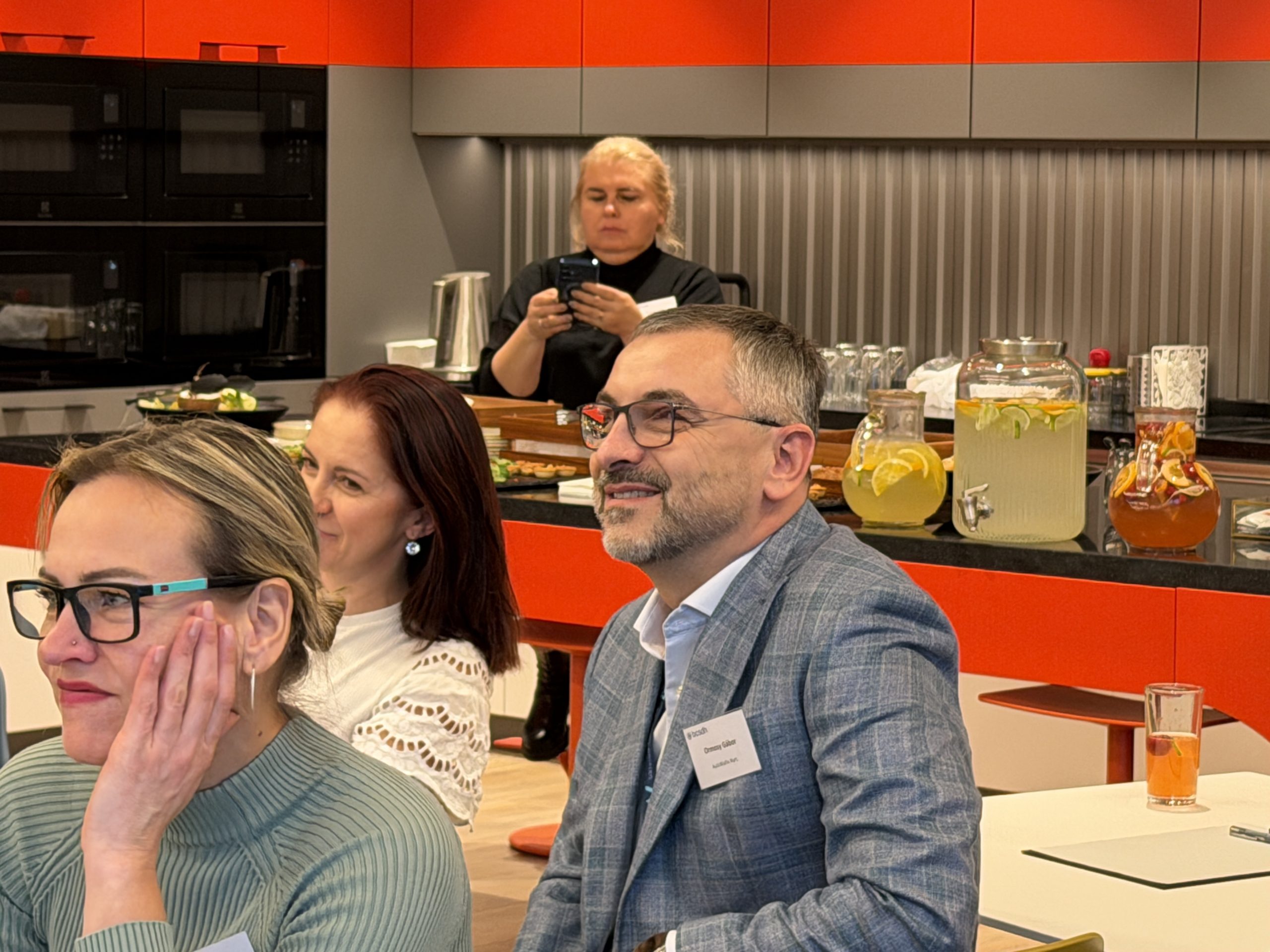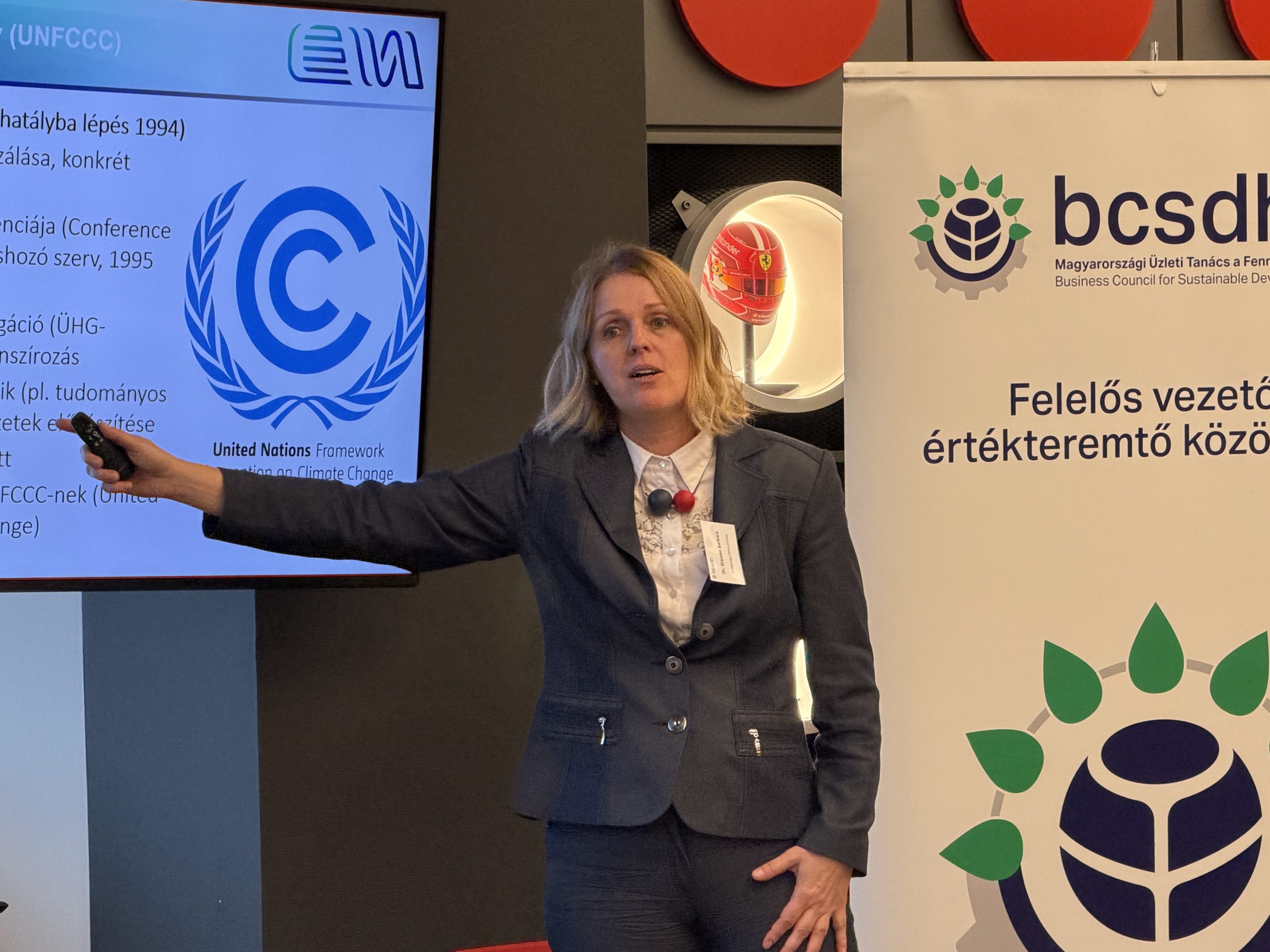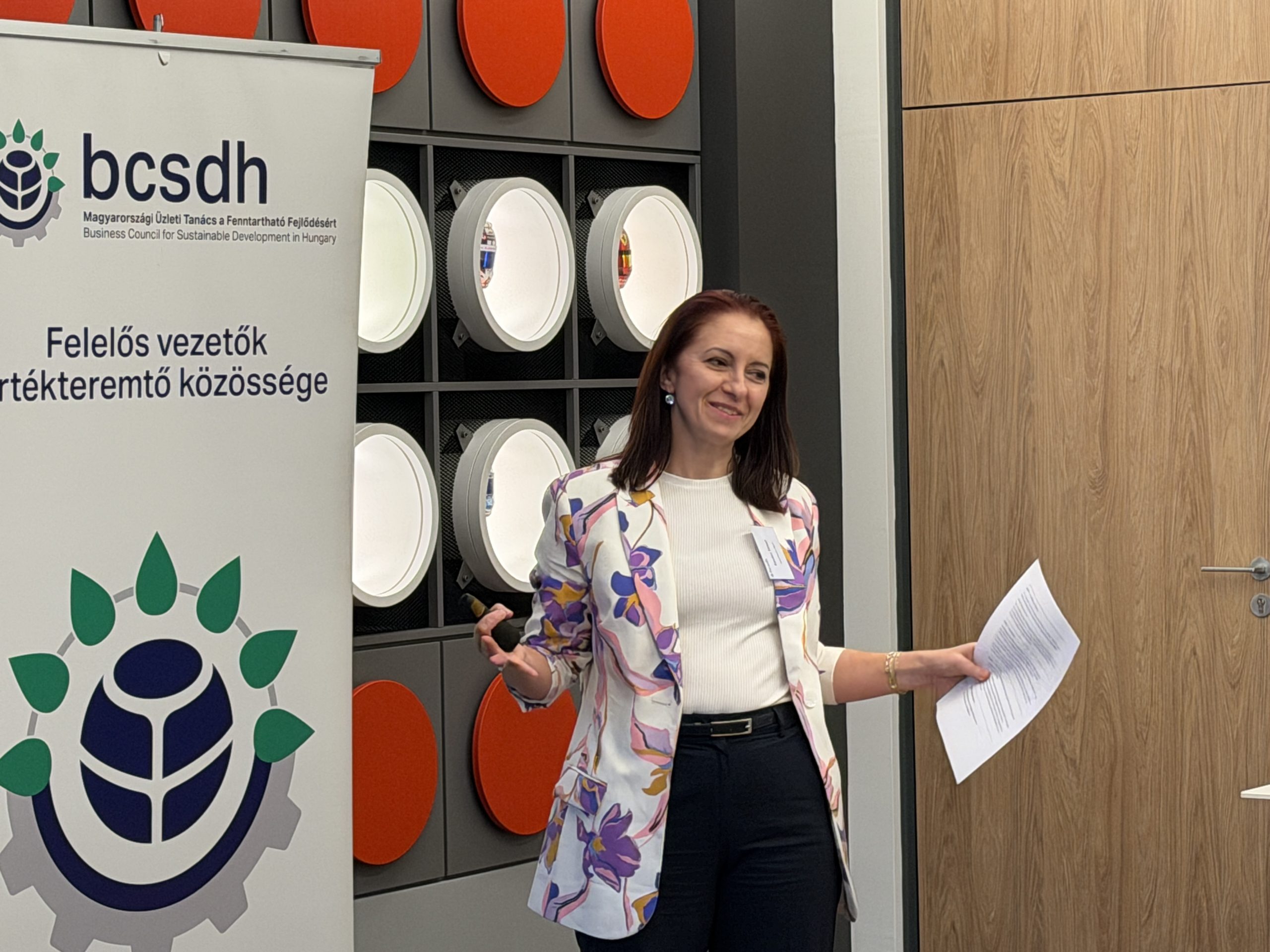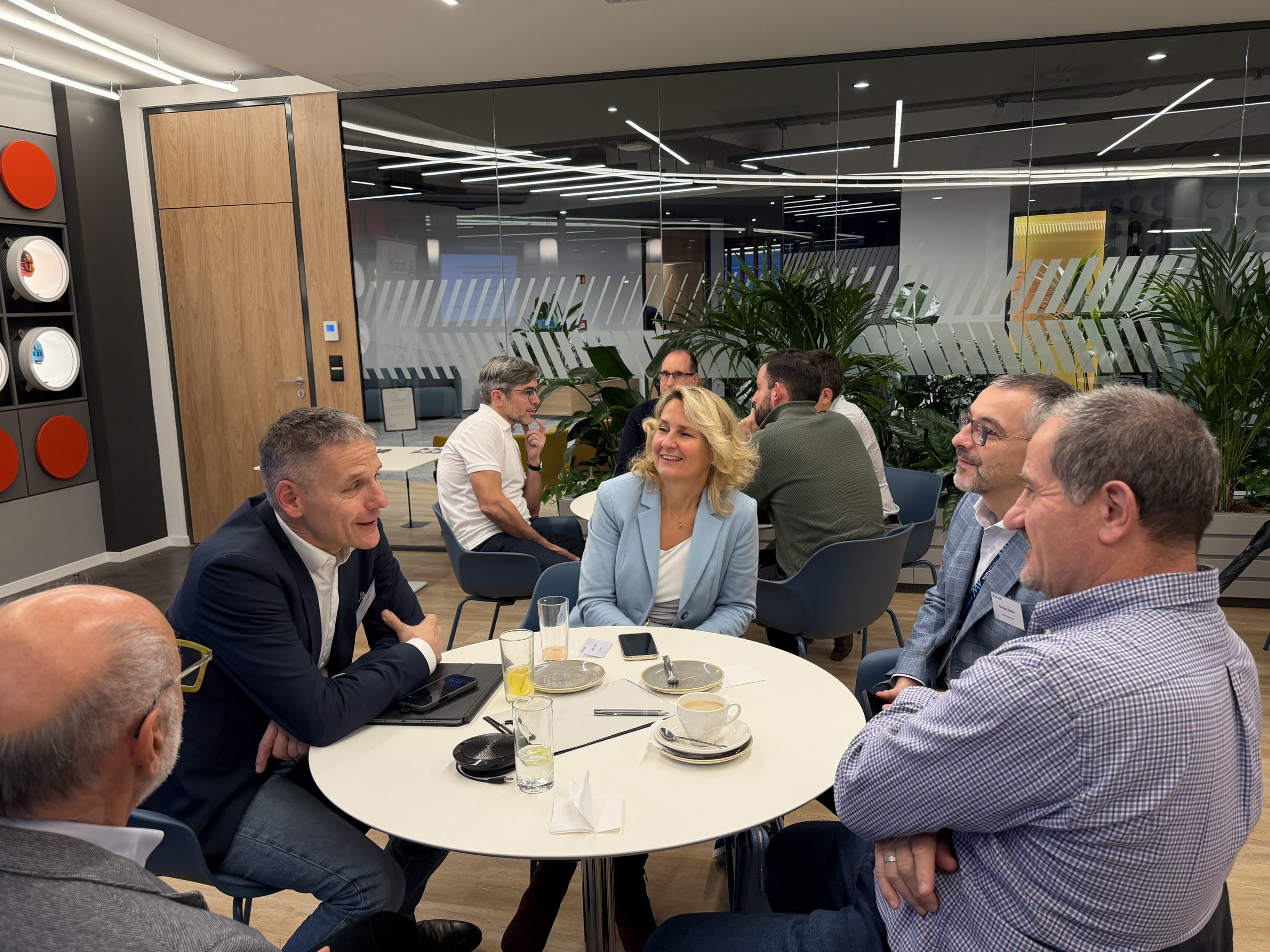Budapest, 25 February 2026 – The General Assembly of the Business Council for Sustainable Development in Hungary (BCSDH) elected a new Board Member in the person of Péter Noszek. After ten years of dedicated service, Zoltán Gazsi is stepping down from the BCSDH Board.
“Economic risks are increasing, uncertainty is becoming permanent, and the world to which we aligned our companies, business models and systems no longer exists. Extreme weather events have multiplied, and the business sector must also prepare for their impacts. We need to examine how these changes may affect business operations and how we can adapt and become resilient,” said Attila Chikán Jr., President of BCSDH, in his opening remarks. “However, it matters what conditions we are adapting to. Systemic changes are required to stop climate change. With its 158 member companies, BCSDH has become an unavoidable actor in sustainability matters and, as a community of business leaders, is committed to leading these changes.”
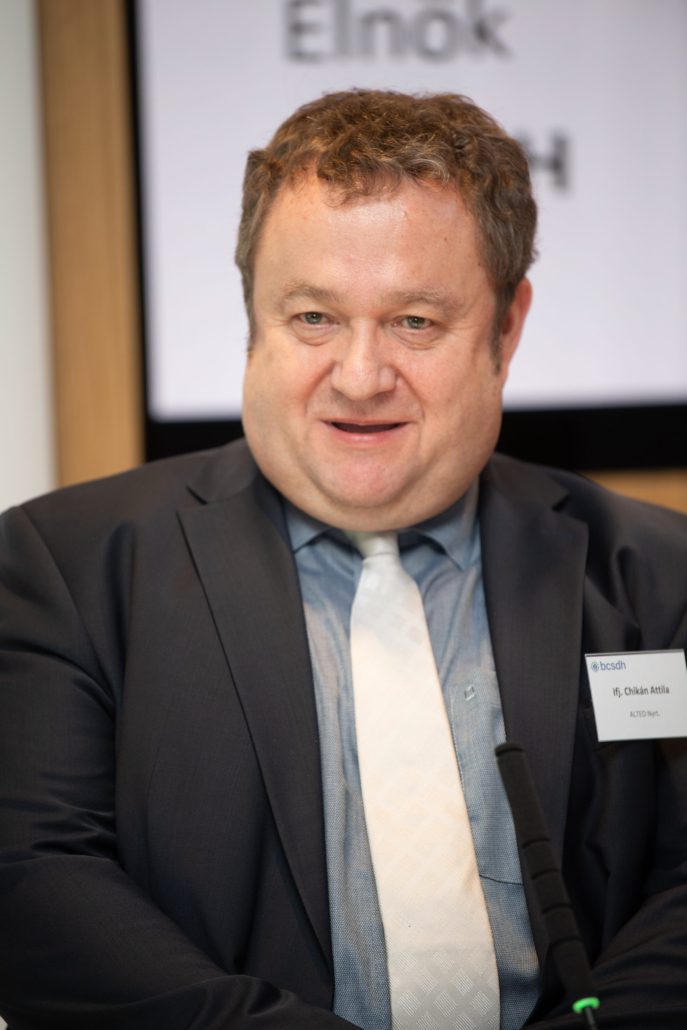 | 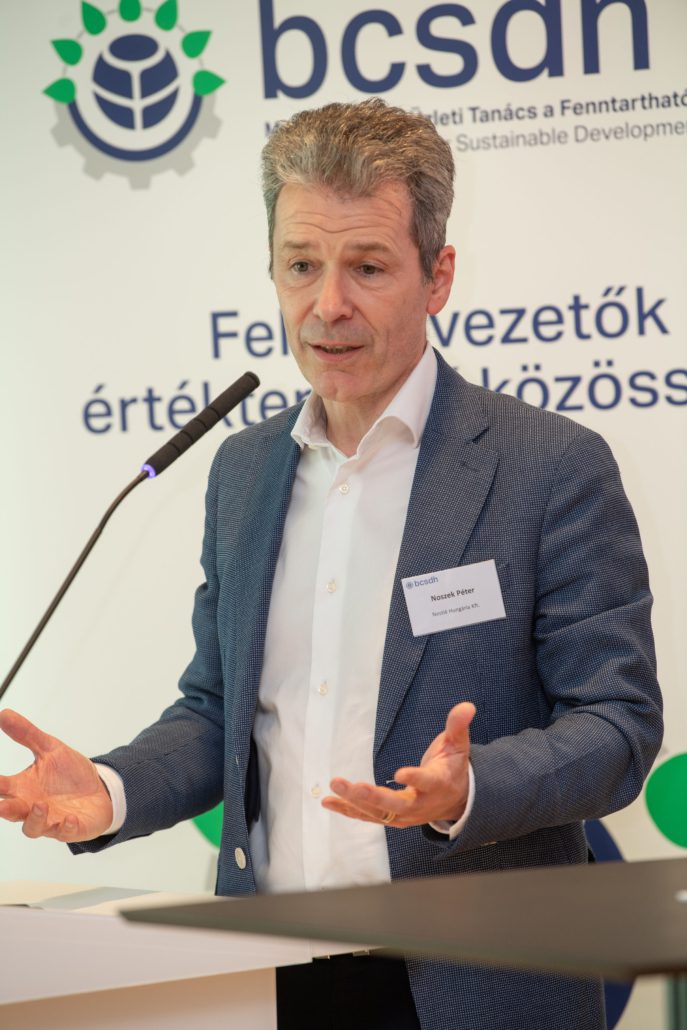 | 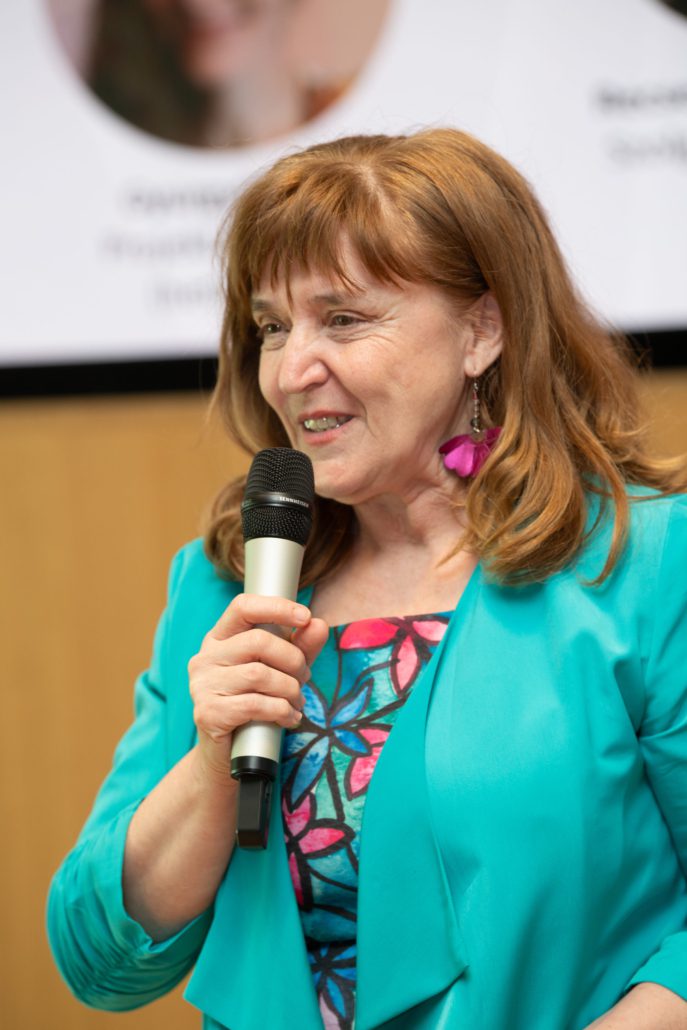 |
The organisation aims to familiarise an increasing number of companies with sustainable corporate leadership and to inspire action. Over the past decade, it has organised nearly 500 professional events, engaged close to 300 active corporate leaders in its initiatives, and showcased nearly 200 business practices that provide real solutions to sustainability challenges. The Net Zero Advisory Board, established in 2021 and bringing together outstanding representatives of the regulatory, scientific and business communities committed to sustainability across sectors, performs irreplaceable work in facilitating and accelerating the transition of the Hungarian economy towards carbon neutrality by 2050.
The Future Leaders Program, launched 13 years ago and attended by 404 talented leaders to date, won the European Enterprise Promotion Award in Hungary in 2024 in the Sustainable Transition category. Through this programme, as well as Action 2020 and Time to Transform 2030 Hungary, more than 300 civil, academic and corporate experts have been involved.
“The Circular Economy Platform is also performing important work. Through this initiative, BCSDH has won the right to host the European Circular Economy Hotspot in Budapest on 5–7 October 2026, thereby showcasing domestic best practices and creating opportunities to learn from the latest international developments,” added Irén Márta, Managing Director of BCSDH, highlighting recent developments. “In 2025, we launched the BCSDH Academy, a unique registered online knowledge platform designed specifically for senior executives and decision-makers, addressing sustainability topics at a strategic level. Climate adaptation is already available as a topic, followed by circular economy in 2026. Short, targeted videos recorded with renowned experts, complemented by practical examples, case studies and decision-support materials, assist corporate leaders in making informed decisions.”
For the ninth time, the Sustainable Future Award, established in 2017, was presented in recognition of outstanding corporate, leadership and individual achievements in sustainability.
While the ESG Working Group supports member companies through ESG trainings and tailored services that enhance understanding of environmental, social and governance information, BCSDH also represents the corporate sector’s sustainability ambitions as a permanent invitee of the National Council for Sustainable Development (NFFT). These ambitions now extend far beyond reducing greenhouse gas emissions: biodiversity protection, addressing social inequalities, and adapting to already existing changes are gaining increasing attention within the Hungarian business sector – recognising that there is no business and no future without nature or people.
“Looking ahead, we must multiply our efforts at global, national and corporate levels alike – whether in climate mitigation, adaptation or resilience – even if geopolitical tensions sometimes divert attention,” emphasised Attila Chikán Jr. “Only by rebuilding trust and establishing new forms of cooperation can we achieve greater resilience and contribute to a more stable future. This is also a key mission of BCSDH.”
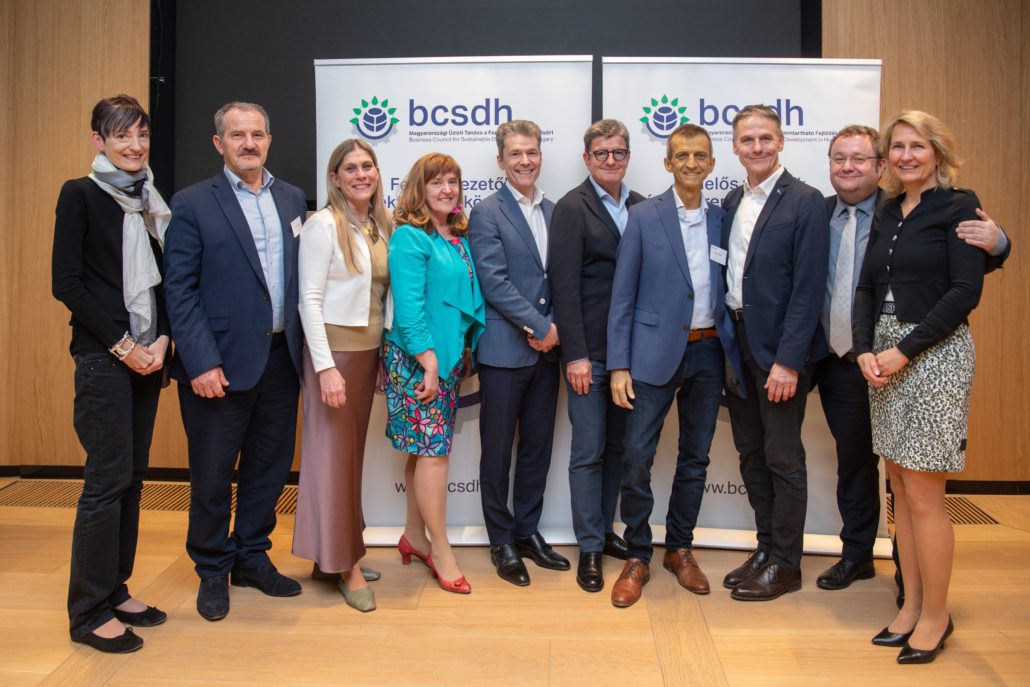
The newly elected Board member – Péter Noszek – expressed his determination to support BCSDH’s work with his experience and expertise, helping companies take the necessary steps in sustainability, accelerate systemic change and initiate genuine value-creating processes in ESG, climate targets and adaptation, as well as circular economy.
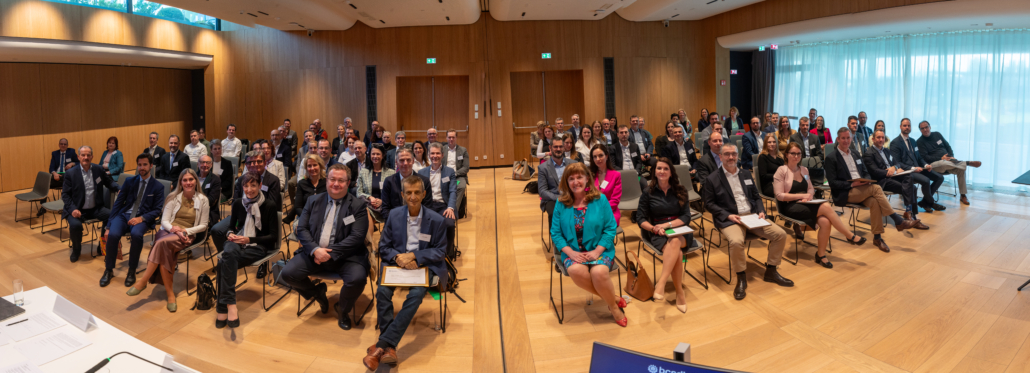
***
 Péter Noszek
Péter Noszek
Managing Director
Nestlé Hungária Ltd.
Péter Noszek is Managing Director of Nestlé Hungária Ltd., with more than three decades of international management and financial experience. He began his career in 1991 as an intern at Nestlé’s headquarters in Switzerland, later working in the UK before returning to Hungary in 1992 to take up his first assignment at the Szerencs factory. He subsequently served as controller of Nestlé Hungária.
He held various financial and leadership positions in New Zealand, Australia and the Philippines before moving to Switzerland in 2011 as Finance Director of Nestlé Purina Petcare Europe. In 2014, he was appointed Finance and Controlling Director for Europe, and later served as CFO of the EMENA zone, contributing to organisational and strategic development.
Since January 2018, he has been Managing Director of Nestlé Hungária. Under his leadership, the company has strengthened its regional role alongside its domestic market presence, supporting the Hungarian food industry through significant investments and capacity expansions.
The company has operated exclusively on green electricity for nearly a decade and inaugurated a solar park at its Szerencs site in 2025. In cooperation with farmers in the region of its Bük pet food factory, regenerative agricultural practices are applied on more than 13,000 hectares.
He also places strong emphasis on social responsibility: he is a member of the Board of Trustees of the BOM – Hungarian Sport Foundation, Chair of the Hungarian Tennis Federation’s Committee for Tennis Players with Disabilities, and an active mentor in organisations such as the Hungarian Management Association and the Art is Business community. He also serves as Vice President of Swisscham Hungary. In 2022, he received the Manager of the Year Award from the Hungarian Management Association; in 2024 he was named CEO of the Year (Large Company category) by Behaviour HR Magazine. In 2023, he was awarded honorary citizenship of Szerencs. In 2026, he was elected President of the Hungarian Management Association.

